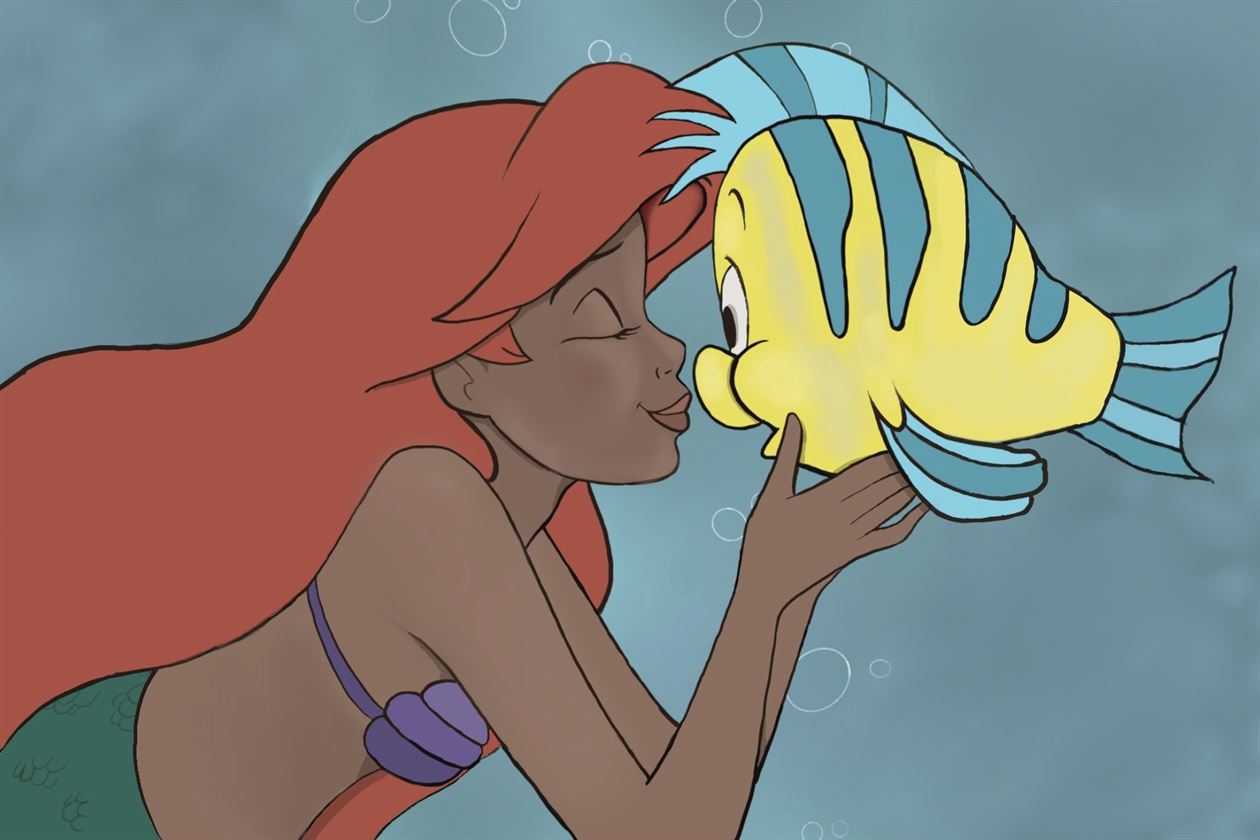I believe what we are witnessing is nothing new. Today, it’s with a movie. Tomorrow, it may be with a book. The controversy occurs for the same reason other diverse initiatives undergo similar scrutiny. It makes white people uncomfortable. Even more so, it’s deconstructing and eradicating the “norm” that cocooned us for so long.
Reboots and live-action remakes are coming at us from all angles, with popular titles such as “The Little Mermaid” and “The Lord of the Rings” gaining traction. As companies release teaser trailers, people quickly react to these announcements.
What do a lot of these have in common? The uproar over the race of fictional characters. Or more specifically, the race of mythical creatures.
On the surface, it appears to be a severe reaction from blatantly racist people. We already expect nothing short of bitter criticism from them.
While such negative responses are rebutted and shut down, it is a reminder of how America really doesn’t know how to address a particular aspect of the race problem: people do not know how to address their racial biases.
Replying to a thread of discussion is a quick fix, but it certainly is not the end-all solution. Personally, I think the future of the American racial dilemma should not be shouldered by the users of Twitter alone.
The entertainment industry as an entity is not officially tasked with the dismantling of stereotypes and propaganda. In fact, it can construct, reinforce and change the very ideas in society it may be responsible for circulating.
Yet, it is indisputable to say that this industry is an excellent medium for facilitating and accomplishing such changes, and it has certainly taken on that sort of role, intentional or not. Humans make stories about everything, and humans like to take in and process these stories.
That being said, movies geared toward children should appeal to them in a variety of ways, including offering them a sense of empowerment, wonder and reassurance. Indeed, they could also be a magical underwater princess, and mystical beings who look like them do exist within the realm of children’s fairytales.
While it’s true these plots are not real, the impact such media has on children does exist, affecting the way they see the world.
As arguments of consistency and accuracy are made, points about intentional and maintained exclusivity are missed. Discourse about the multi-fold importance of representation, which has been omitted from the film for so long, is pushed aside, as all they manage to counteract are veiled feelings about Black and people of color characters occupying traditionally white spaces.
Does the world children live in acknowledge and celebrate people who look like them? Furthermore, do children’s movies really need to appeal to grown-up concerns? For example, the politically-correct terminology for the villain, rather than calling them the “evil sea witch?” Simply put, no.
When such events occur, it reminds us to reflect on how we challenge our perceptions of race. Such events act as catalysts to stir discussion, not just within the film industry, but in our local movie theaters too.
Cultural change normally follows policy change; and so we are witnessing the gradual, tremulous progression of a cultural shift. Shifts don’t occur linearly, as the term suggests, but rather as a push-and-pull of opposing forces. This is one example where we witness a large and well-known organization pursuing such attempts.
Although one movie may or may not be the tipping point, it is certainly indicative of the fact that how we react to issues of race has not really changed from when the racial issue was first born.
There will be some who champion progressive endeavors, others who are repulsed by said “forced agenda,” and those in the middle who don’t know what to think. The delivery in which we express our thoughts varies with each generation. But more importantly, perhaps, is how we navigate it all.
This, I argue, is what defines the times. My hope is that we are especially resilient and passionate about sustaining such projects, as we firsthand witnessed the spillage of racial violence that accompanied the already-tenacious pandemic.
Be that as it may, is it projected that more racially-inclusive media is to follow? Will stronger representation soon become a part of your world? We shall sea…



